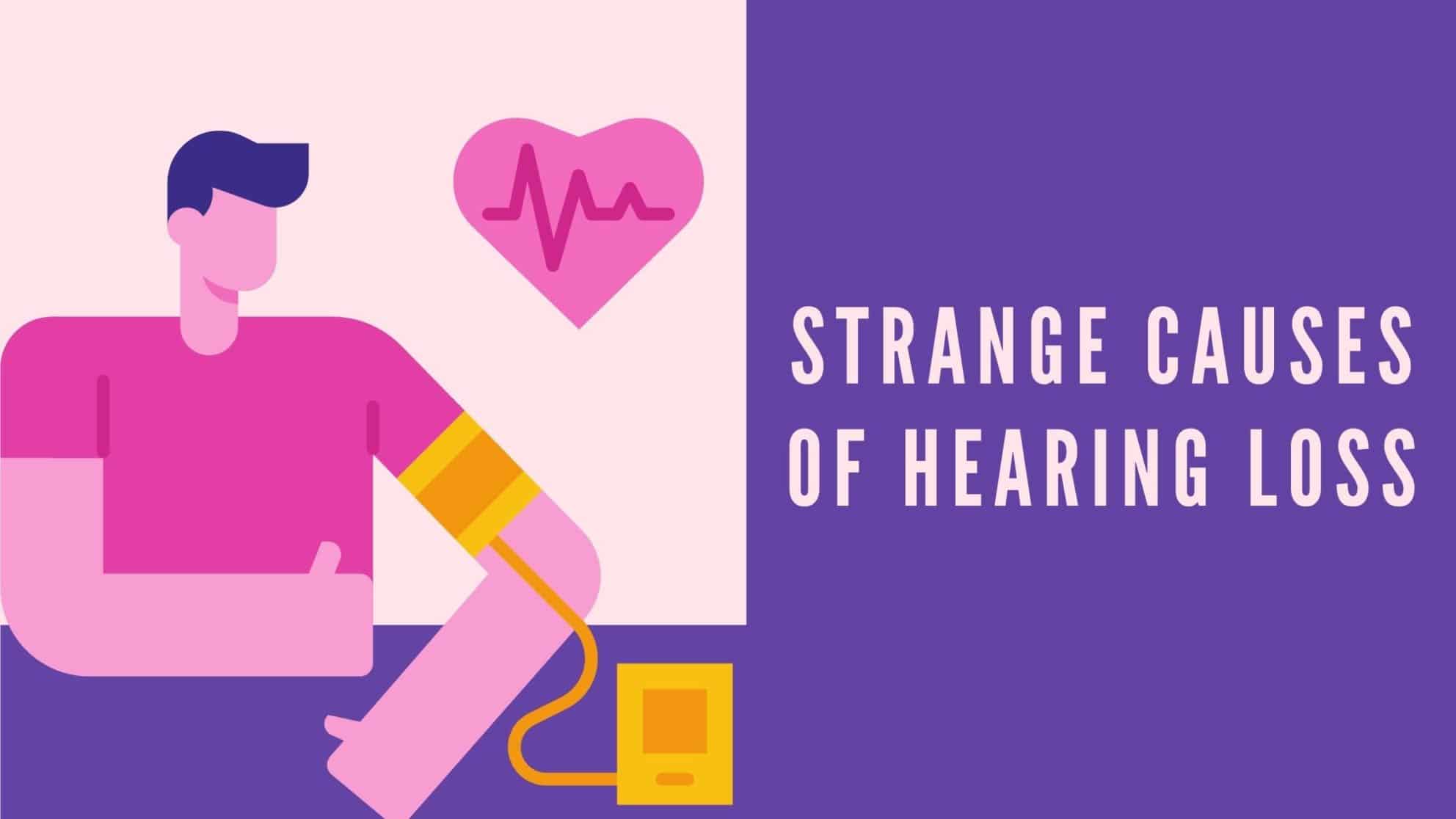Studies conducted in recent decades have pointed time and again to the risks associated with untreated hearing loss in adults. While hearing loss is incredibly common—about 48 million Americans are living with it—it is significantly undertreated, with only about 20% of those who could benefit from hearing aids currently wearing them. On average, we tend to wait seven years from the time we start to notice hearing loss to the time we seek hearing aids to help with it.
Hearing Aids: Just a “Social Nuisance?”
We tend to think of hearing loss as a social nuisance. When we have hearing loss, we have to ask people to repeat themselves over and over, “speak into [our] good ear,” strain to hear, and do a lot of mental work in the background of the conversation just to understand what another person is saying. This makes us exhausted, and makes sociality a less-enjoyable experience for us and possibly even for the people we’re talking with.
Over time, this social nuisance becomes a way of life. We tend to get out less, which not only reduces the size of our social circle, but means we engage in less physical activity. Humans need both social and physical activity to thrive, and when we reduce their place in our lives, we tend to introduce mental health issues as a result. Indeed, loneliness and depression are common outcomes of untreated hearing loss.
It turns out, those with untreated hearing loss are also more likely to suffer accidental injury. In a study from 2018 published in the Journal of the American Medical Association (JAMA), researchers found that those with mild hearing loss were 60% more likely to suffer accidental injury than those of the same age with normal hearing. For moderate hearing loss, the likelihood jumps to 70%, and to 90% for severe hearing loss. Because the correlation increases with the severity of hearing loss, it is very likely that hearing loss is a causal factor in accidental injury.
This is something that most of us may be able to understand intuitively. Much in the way that wearing headphones while riding a bicycle can increase our risk of getting into a bicycle accident, being unable to hear all that’s happening in the world around us poses a similar risk.
Hearing Aids Can Help
Thankfully, hearing aids can help with this problem, as they can with most of the problems associated with hearing loss. We tend to think of hearing in terms of the focused listening we do. We think about conversation, music, birdsong, or entertainment. But over the course of a day, our ears are constantly taking in all kinds of sounds from the world around us, and our brain is making decisions about them without our knowledge. We want to ignore some of this sound, but not all of it.
Have you ever had the experience of being startled by a sound? Of course, you have! You heard something, without even paying attention, which sent you instantly into fight-or-flight mode. This is your body’s way of protecting you from danger, and your ears are a critical component in that chain. Without the constant practice of your ears taking in sound and your brain making assessments about that sound in the background of your life, the experience of being startled would never happen.
But just like we can be startled by sound, we can be amazed and pleased by it. Each of us who were born with the ability to hear has heard millions of things throughout our days that have had an impact on our physical or emotional well-being. Because this process is always happening in the background, it’s very easy to take for granted, and we humans have a tendency to forget about the serendipity behind our experiences in their aftermath. We can be immersed in hearing loss and have forgotten about just how much we’ve appreciated in our lives as a result of the ability to hear clearly.
Hearing aids can bring us back to the world of sound again. In addition to protecting us from the negative outcomes of untreated hearing loss, hearing aids keep us open to the experience of life as we’ve known it. When asked after one year of wearing them, 95% of hearing aid wearers say they’re satisfied with their hearing aids. Those who wear hearing aids tend to have better memories, more physical activity, more social experiences and even better overall life satisfaction than those with untreated hearing loss.


